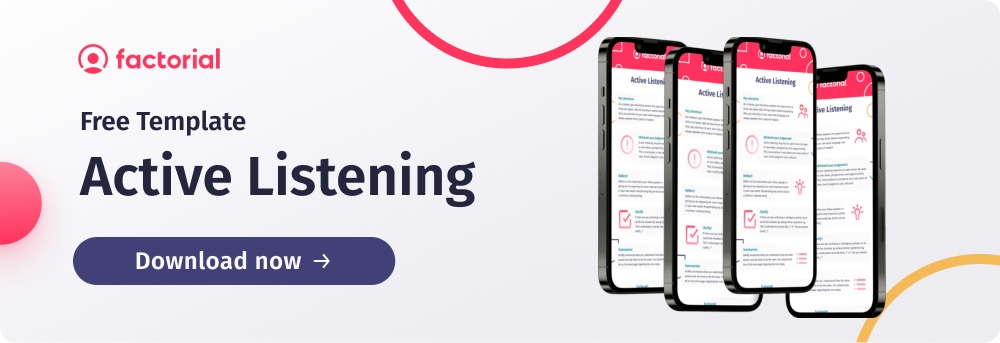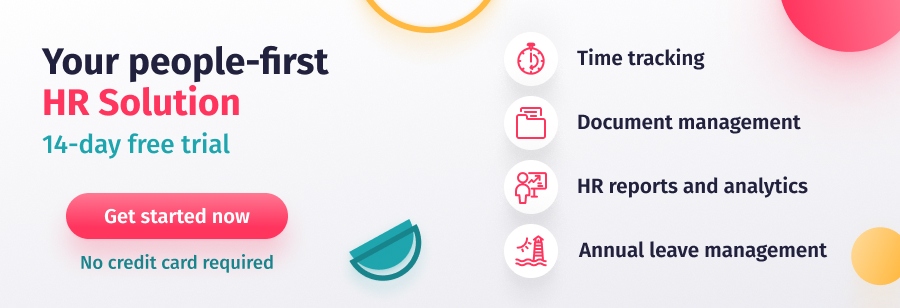In today’s fast-paced and competitive work environment, achieving a healthy work-life balance is more important than ever. With increasing demands and expectations placed on employees, finding time for personal pursuits and responsibilities outside of work can be challenging. However, neglecting our personal lives can have massively negative impacts on health resulting in burnout, decreased productivity and reduced job satisfaction.
Achieving a healthy work-life balance can improve physical and mental health, increase job satisfaction, increase productivity, better relationships and leave more time for what matters most.
In this article, we will explore the importance of healthy work-life balance, its benefits for both employees and employers, and practical strategies for achieving it in today’s workplace.
Work-life Balance Meaning
Work-life balance is the concept of keeping personal and professional priorities at an even level. The goal is to reach a happy medium between the two that is sustainable and enables you to meet the demands of both.
A healthy work-life balance is much more than leaving the office on time. The concept has become broader and more nuanced as workers across the globe try and understand what it means to them within the context of remote and hybrid working.
Having a strong work-life balance means that people can fulfill their job duties and progress in their careers, while also having sufficient time for their hobbies and spending quality time with loved ones. Achieving work-life balance can improve physical and mental health, increase job satisfaction, better relationships and improve overall life satisfaction. It will be different for everyone and doesn’t necessarily mean a 50/50 split between personal and professional.
Since the pandemic and improved technology have broken down the physical barriers between work and home, the discussion about where the responsibility lies to ensure that teams have a healthy work-life balance has opened up. Employees and employers both have their part to play.
Work-Life Balance Importance
Boost Health
There are lots of health risks associated with having a poor work-life balance. These include type 2 diabetes, heart disease and substance abuse. Research by the Finnish Institute of Occupational Health found that those who worked excessively long hours are even 12% more likely to drink large volumes of alcohol.
Avoid Burnout
HR professionals are just as likely as anyone else to experience feelings of burnout. The World Health Organisation (WHO) describes burnout as an ‘occupational phenomenon’. Burnout can present itself by feeling tired, having self-doubt and feeling helpless or defeated. By having a healthy work-life balance, HR teams will avoid these symptoms and be able to sustain their roles much more effectively.
Improve Productivity
Our productivity levels reduce when we work too much. Research tells us that we work best in small 40-minute chunks of time. When we elongate these windows and work for hours on end, we’re more likely to procrastinate.
The work HR professionals do require considerable focus. Reviewing changes in legislation and updating policies can be mentally draining, so it’s important HR professionals limit the hours they spend at a screen each day to increase concentration levels.

How to Measure Work-Life Balance
The ‘Wheel of Life’ is a useful tool to help guide your answer. At the risk of sounding a bit ‘mystic-meg’, it can help to understand and reflect on your priorities in life.

This tool asks us to reflect on the hats we wear in our life (for example wife, husband, mother, father, friend, colleague) and also the things that are important to us (for instance, family, career progression, personal development, charity). You can mark each wheel segment with a label of your choosing.
The next step is grading from 0 to 10 how much time you are dedicating to that area and connecting the dots accordingly. Does the line look balanced? Is there one area you are focusing more on than others? Lastly, think about where you want to focus your time and take appropriate action.
What are the Benefits of a Healthy Work-Life Balance?
Improved engagement and job satisfaction
Engaged employees are the most productive, creative, loyal and motivated. The first step to creating a dynamic team is making it clear that their lives outside the office and working hours are just as important as their day jobs.
Doing this shows people they matter to their managers, colleagues and the business, leading to greater job satisfaction and a more positive attitude toward work.
Improved performance and creativity
It goes without saying that tired, stressed and overworked employees are unlikely to perform at the top of their game. Research consistently shows that people with a good work-life balance perform better, improving both the quality and the quantity of their work.
Companies can also improve performance by showing their employees that they care about their work-life balance. According to a study by the Corporate Executive Board, teams work 21% harder when they feel their organisation prioritises work-life balance.
Happier teams
The World Happiness Report highlights that work-life balance is a crucial indicator of happiness. A healthy work-life balance allows individuals to find more time for themselves, leading to greater fulfilment and happiness outside of work. It also enables them to form better relationships with family, friends and colleagues.
On the other hand, stress is recognised as a significant economic and health problem, and as many as two-thirds of employees cite poor work-life balance as their leading cause of stress. As well as having physical symptoms, it undermines health, well-being and happiness at work and home. When people feel they have a healthy work-life balance, they also report reduced stress levels and fewer symptoms of burnout like anxiety and depression.
Reduced turnover
In today’s working environment, there is a much greater focus on enjoying work. A survey by FlexJobs found that most people who switched jobs did so because they wanted a better work-life balance. It’s been found to be a much more powerful contributor to staff attrition and turnover than salary or professional development.
Work-life balance is also one of the top attributes candidates look for when they enter the job market, alongside career development, company stability and pay.

How Can HR Managers Support a Healthy Work-life Balance?
Flexible and remote working opportunities
By offering flexible working arrangements, managers can empower employees to work remotely, adjust their work hours or work part-time where possible. This sense of autonomy helps employees better balance their work and personal life in a way that works for them.
Focus on productivity, not hours
It’s not just about being flexible about where employees work but also about how and when they work. By focusing on productivity rather than hours worked, managers can facilitate better outcomes for the organisation. Productivity increases, and employees who feel more productive produce higher-quality work and are more likely to meet deadlines. They are also more likely to feel engaged and motivated, leading to higher job satisfaction and better retention rates.
Encourage breaks
Regular breaks during the workday have been shown to help reduce stress, improve productivity, enhance creativity, promote physical well-being and support work-life balance. HR managers can encourage their teams to take breaks by fostering a culture that values their importance.
Lead by example
When leaders prioritise their work-life balance and set boundaries around work hours and personal time, it sets an example for others to do the same. Employees will then feel supported and encouraged to achieve the same in their own lives rather than feeling pressured to always put work ahead of life.
When the people in charge of a business support their workers’ need to balance work and personal life, it builds trust among the team.
Support for parents
Parents are a demographic that stereotypically struggles more to achieve a healthy work-life balance. New parents and parents of young children particularly find it difficult to find a way to focus on their careers while also caring for their young families. It’s crucial for HR teams to consider the needs of working parents and offer support where possible.
There are plenty of ways HR can support parents, whether that be flexible work arrangements or access to childcare services. When parents feel supported at work, they are more likely to stay with the company long-term.
Manage workloads
When teams have manageable workloads, they feel more in control of their work and can better meet their goals and deadlines. Ensuring employees have a manageable amount of work can reduce stress levels, reduce the risk of burnout, increase productivity and enhance job satisfaction by empowering your employees.

Build a solid company culture
Culture is critical in promoting a healthy work-life balance for teams across any business. Establishing norms that encourage employees to prioritise their work-life balance can, in turn, help create a culture that supports it.
HR managers and business leaders can perpetuate the importance of work-life balance by:
- Discouraging working after hours or on weekends.
- Setting limits on email communication outside of work hours.
- Respecting employees’ personal time.
- Providing resources for stress management.
- Encouraging employees to take breaks throughout the day.
Champion time off
HR managers should encourage employees to use their leave allowance. They should feel able to take time off when needed and book holidays, personal days and mental health days. Encouraging time off and setting a good example by taking time off themselves can help reduce burnout and promote work-life balance.
Encourage volunteering
Volunteering is an effective way to even the scales between work and life. It has a host of other benefits, too! It allows employees to step away from their work and focus on something they are passionate about while building a sense of community and connection to the area they operate in and with their colleagues.
It can provide a sense of purpose and fulfilment, allow teams to learn new things together and develop skills they can use in their everyday lives.



